Glasgow’s underground observatory takes temperature of city’s mine water
The UK Geoenergy Observatory in Glasgow has completed a first survey of the water circulating in abandoned mines lying up to 88 m below the city.
28/07/2021 By BGS Press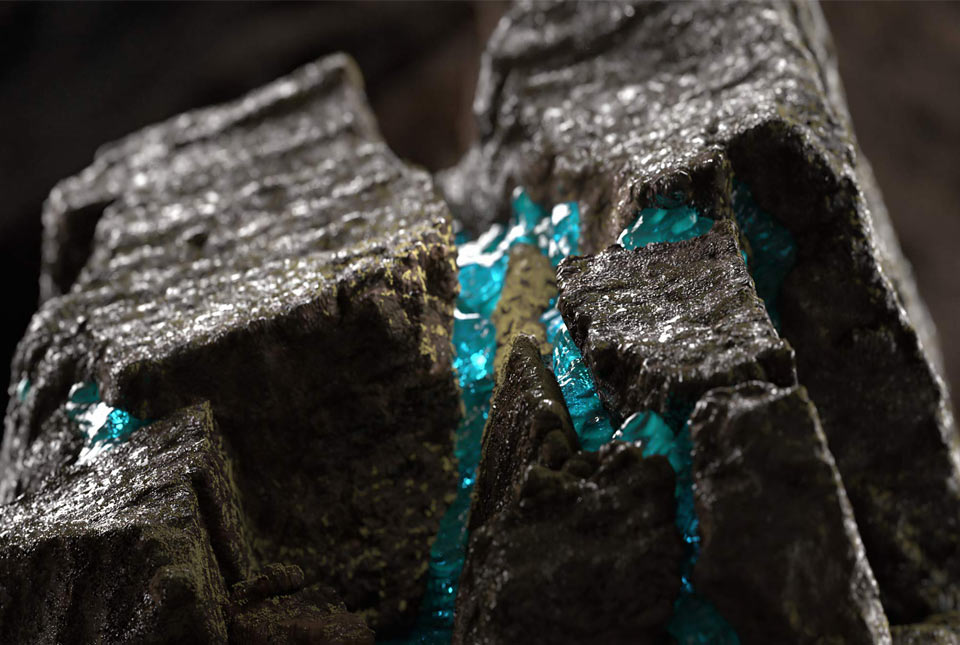
Scientists completed pumping tests and collected samples from 10 of the observatory’s 12 boreholes, which range from 16-199 m deep and are fitted with hundreds of state-of-the-art sensors.
The survey has yielded important baseline data on the status of the mine systems.
The results also confirm that scientists will be able to use the boreholes to better understand how thermal energy in mine water could be used as a renewable energy source for homes and industry.
Read the full update on the UK Geoenergy Observatories website
Media contact information
Notes to editors
Where is the Glasgow Observatory?
About the 12 boreholes
The boreholes range in drilled length from 16 to 199m. They have been positioned so that scientists can:
- extract 180 m of rock core samples
- build up an accurate model of the geology below
- measure water temperature, flow and chemistry underground
- model the underground water systems
- measure the potential for mine water heat energy and heat storage
- provide baseline information on soil and surface water chemistry and ground gases nearby
Relative topics
Related news

Goldilocks zones: ‘geological super regions’ set to drive annual £40 billion investment in jobs and economic growth
10/06/2025
Eight UK regions identified as ‘just right’ in terms of geological conditions to drive the country’s net zero energy ambitions.
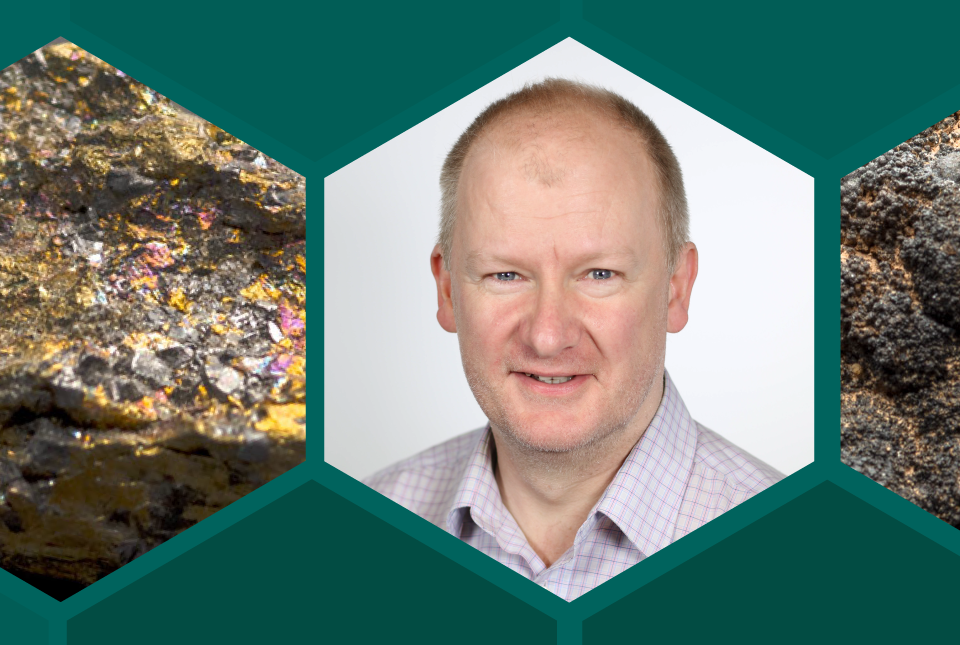
The challenge of assessing the UK economy’s dependence on mineral supply
28/11/2024
Critical, essential, or just plain important? Dr Gavin Mudd, director of the Critical Minerals Intelligence Centre, discusses the findings and new methodology featured in the 2024 UK Criticality Assessment.
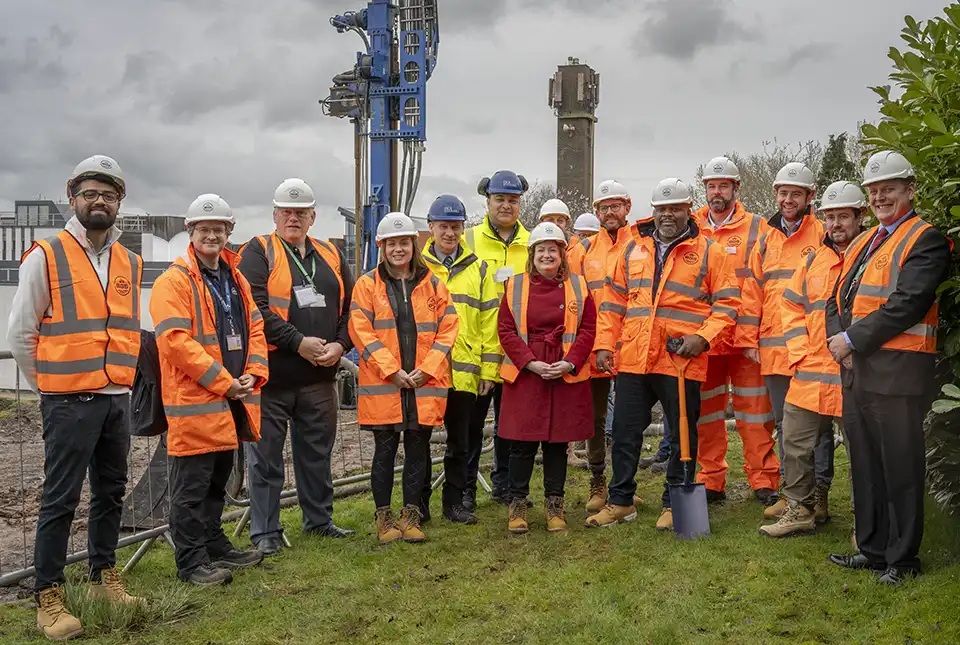
Local MP helps BGS launch a ‘living laboratory’
05/03/2024
BGS is implementing a low-carbon heating system to help meet its net zero targets and provide data to the public.
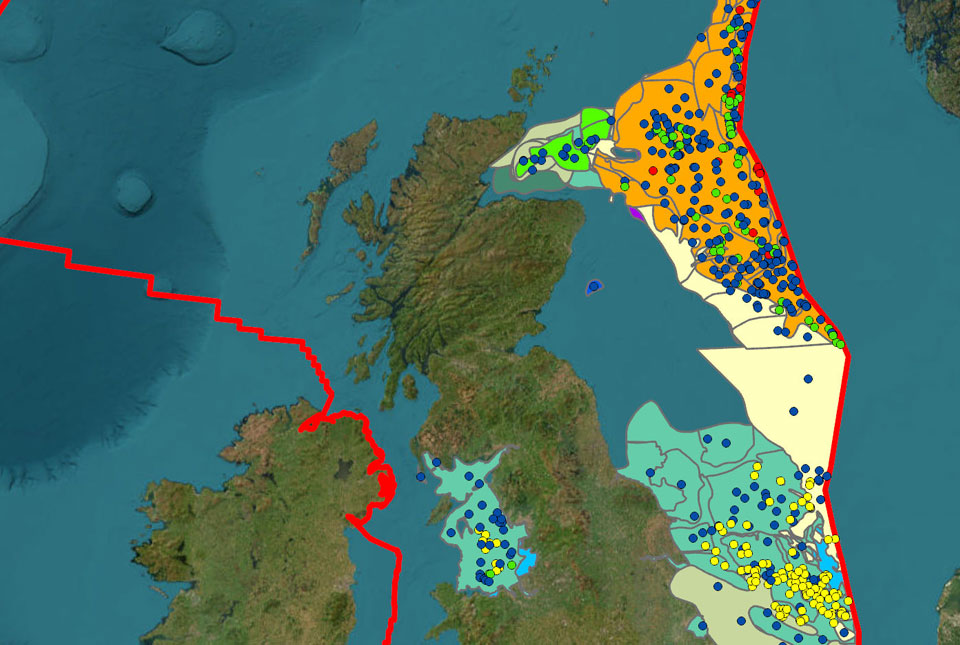
BGS adds more than 60 new carbon dioxide storage units to its national carbon dioxide storage database
30/01/2024
BGS has delivered its first major update of the national carbon dioxide storage database, CO2 Stored.
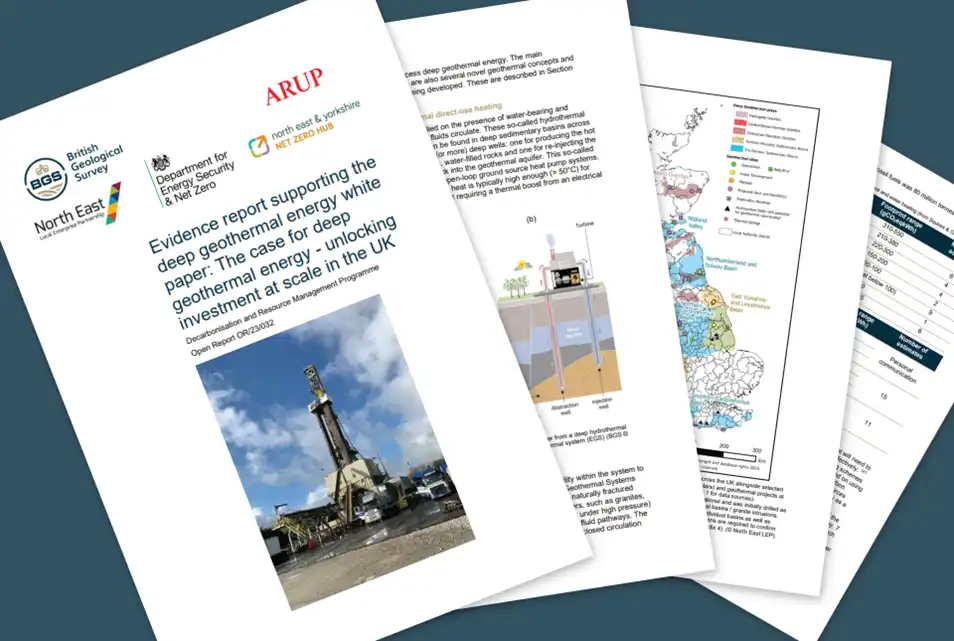
Evidence report on deep geothermal energy opportunities in the UK released
16/11/2023
BGS has published a detailed evidence report that underpins a deep geothermal White Paper.
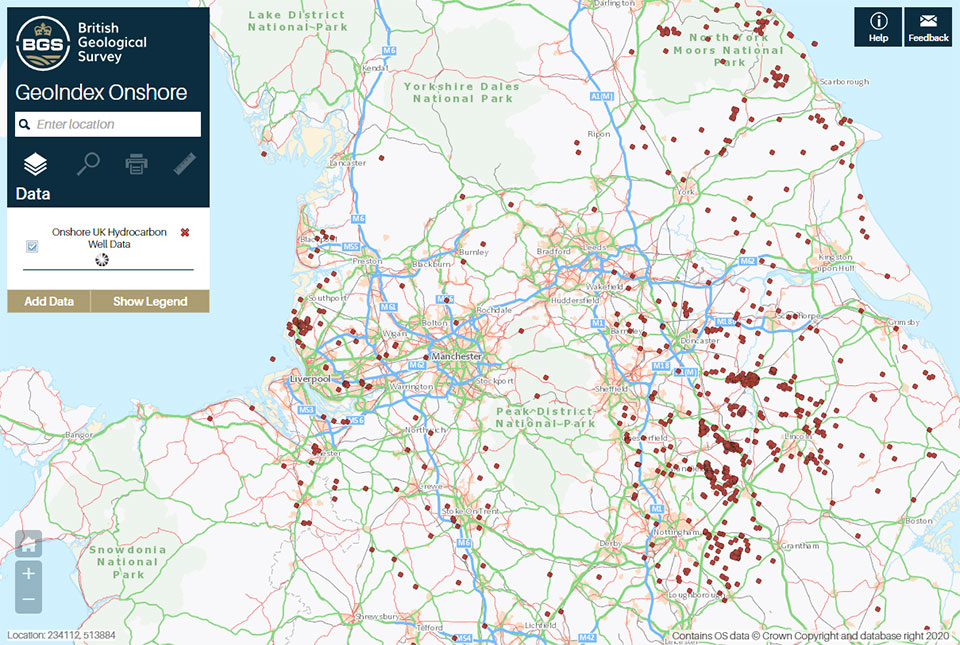
A new open dataset to benefit onshore geoscience research
15/06/2023
Data from deep onshore hydrocarbon wells is being released on an open access basis to help meet the UK’s net zero targets.
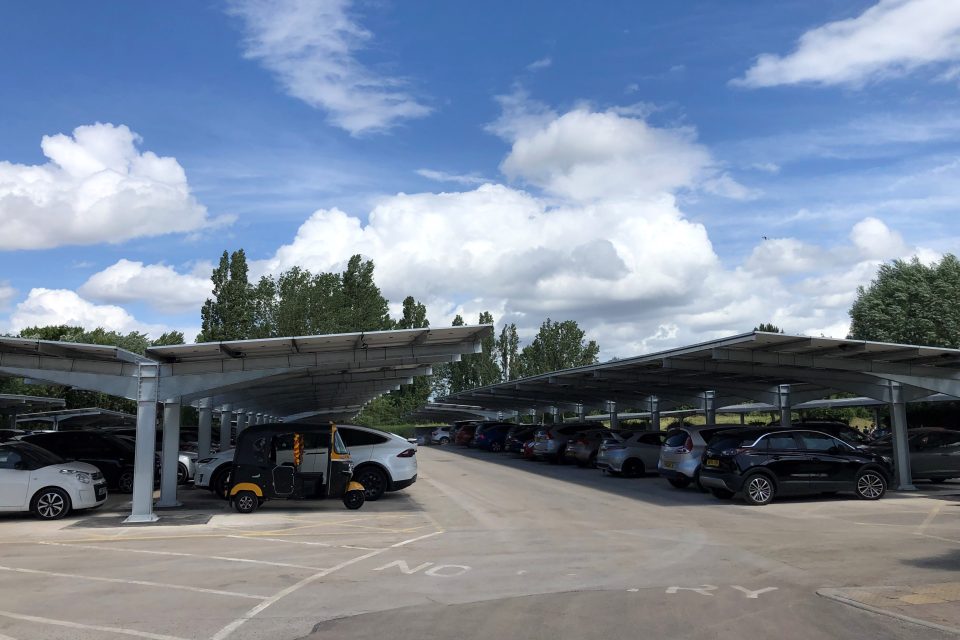
NERC recognised by the Carbon Trust for its step towards net zero
07/06/2023
The Natural Environment Research Council (NERC) has achieved the ‘taking action’ tier of the Carbon Trust’s Route to Net Zero Standard.
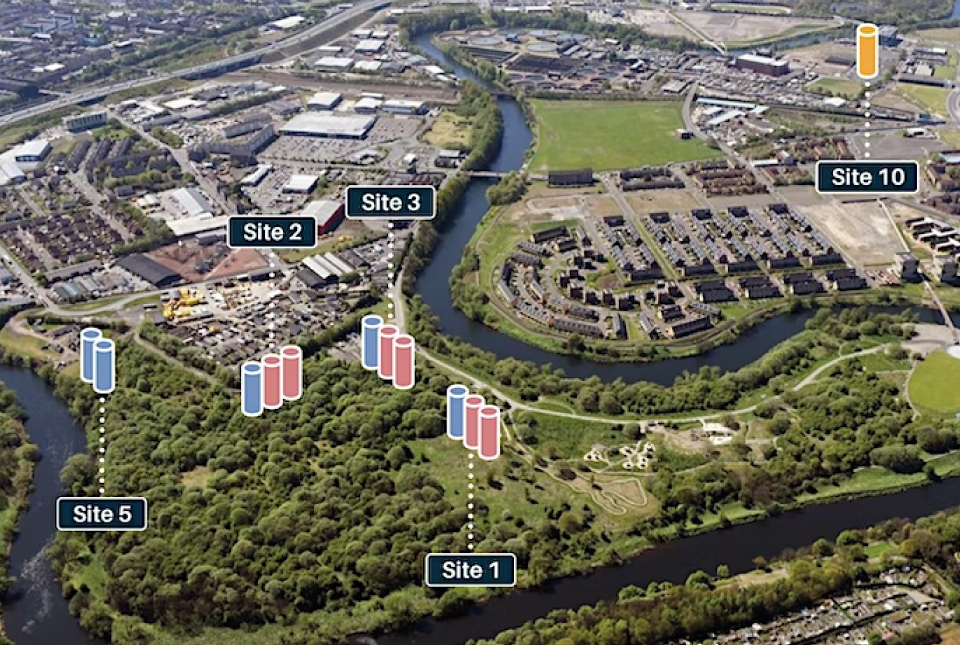
UK Geoenergy Observatories — open events in Glasgow
Event from 26/04/2023 to 27/04/2023
You are invited to visit the UK Geoenergy Observatory in Glasgow, to find out more about what the facility can offer you as a potential user.
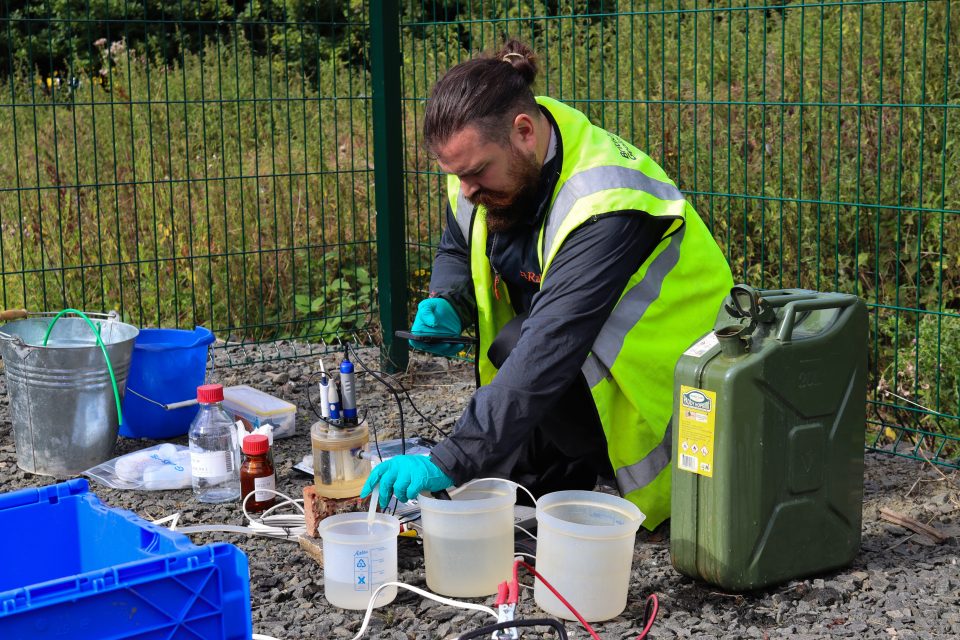
UK Geoenergy Observatories: time zero for net zero
01/12/2022
The BGS-led UK Geoenergy Observatories project is shining a light on the subsurface’s potential to provide geothermal energy.
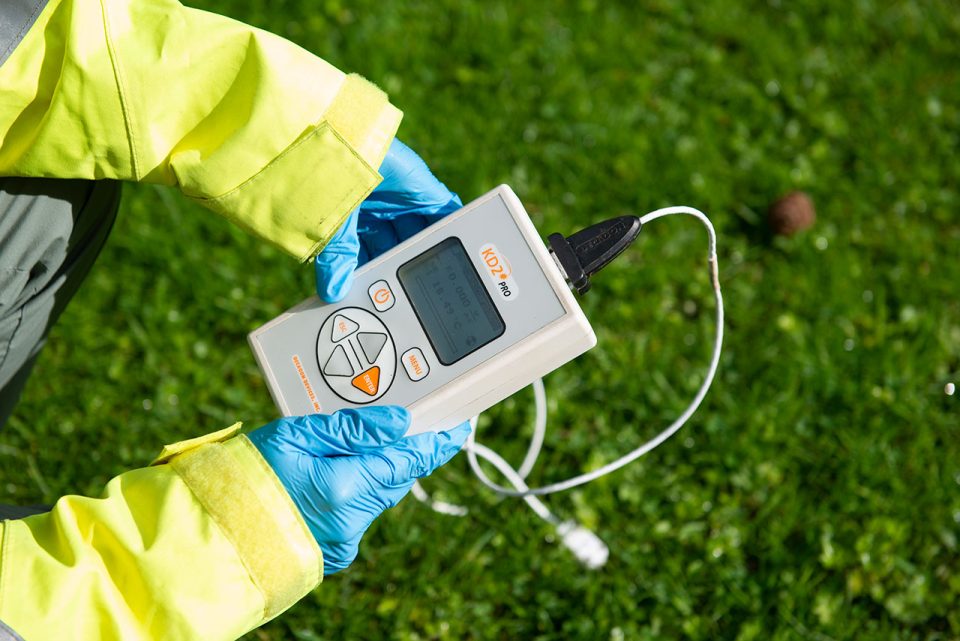
BGS joins European Geothermal Congress to highlight UK’s geothermal potential
21/10/2022
The European Geothermal Congress will discuss how the geothermal sector can help with the energy crisis.
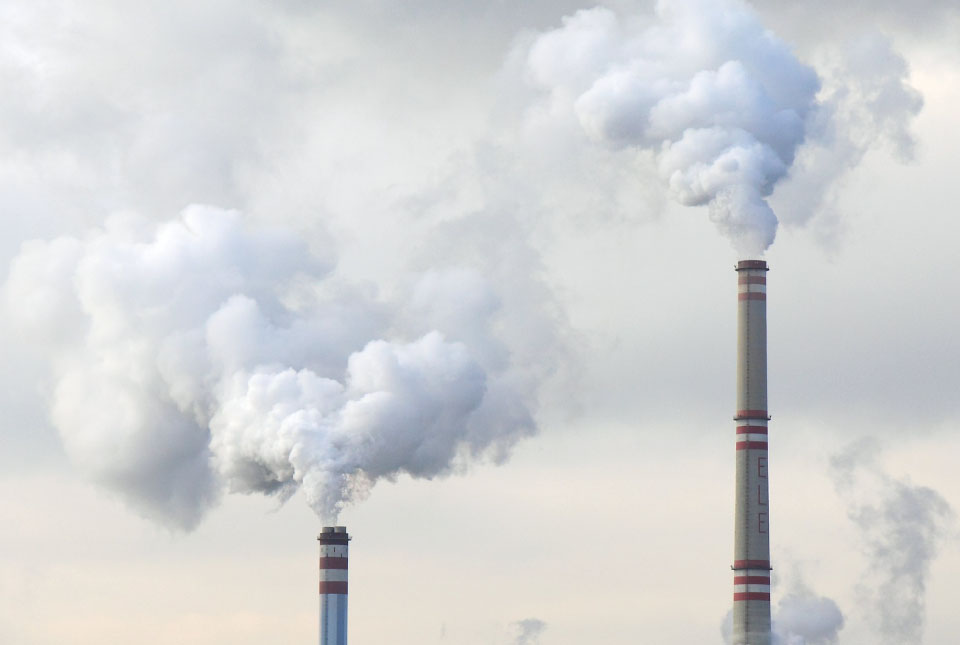
Identifying the science challenges for UK carbon storage
07/07/2022
A new report underlines importance of community engagement in achieving the UK national climate change targets.
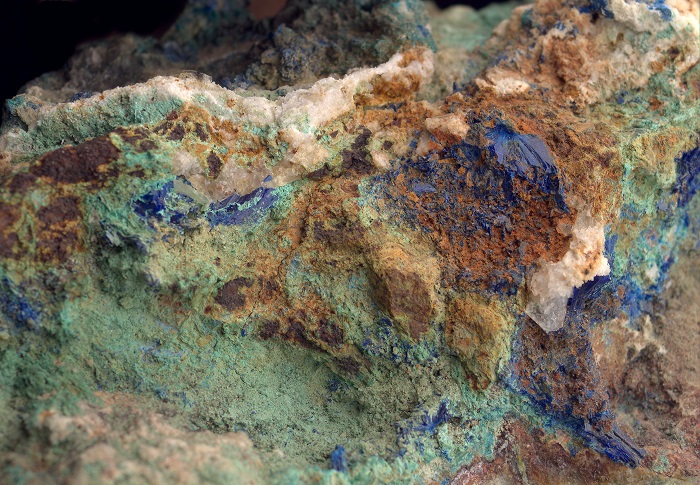
UK’s Critical Minerals Intelligence Centre to help build a more resilient economy
04/07/2022
The UK’s new centre to collect and analyse information on the supply of critical minerals, which are vital to the UK’s economic success and national security, has officially launched.


